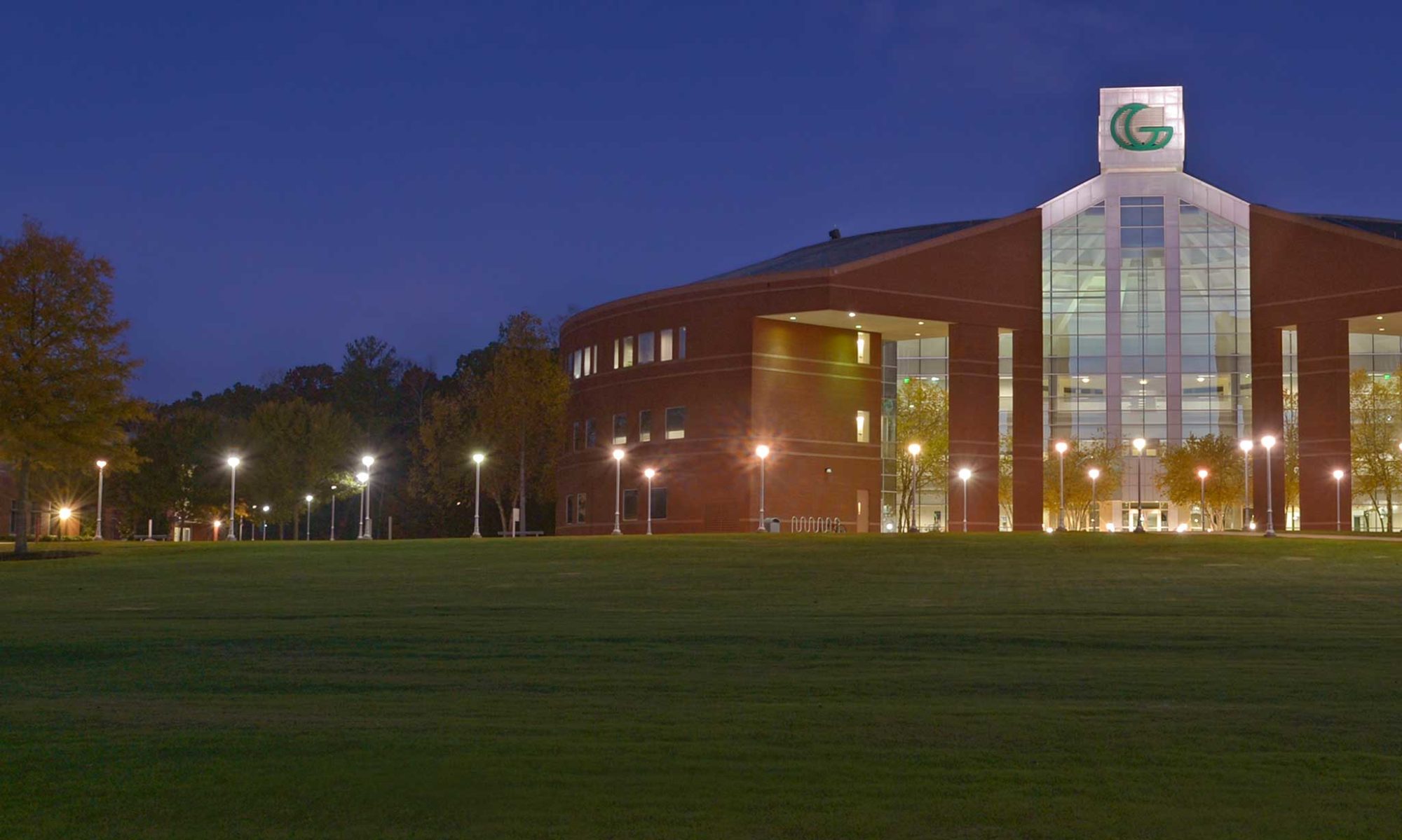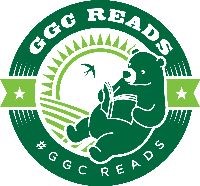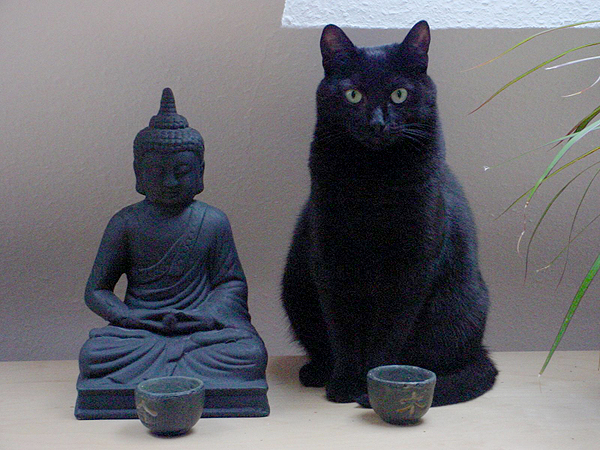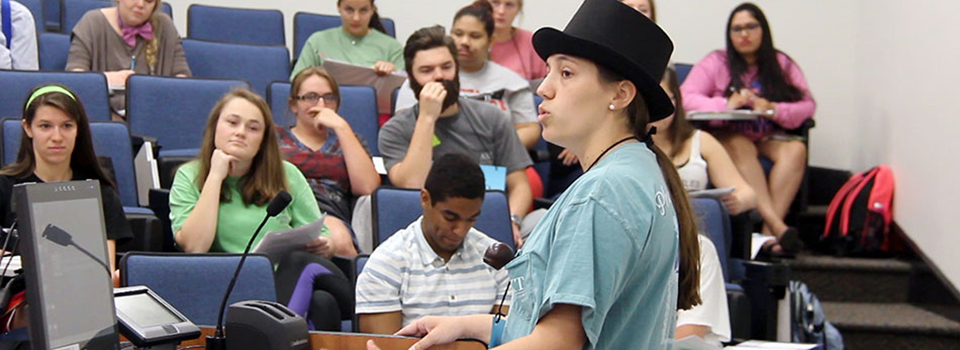The American Association of State Colleges and Universities (AASCU)
The National Association of System Heads (NASH)
The Council of Independent Colleges (CIC)
The Association of Public and Land-Grant Universities (APLU) and
The Association of College and University Educators (ACUE)
Invite leaders, faculty and staff across higher education for focused and practical discussions on:
Effective Online Instruction
Higher education has made an astonishing national transition to online learning. Traditional classrooms may be closed across campuses, but class is still in session, as faculty have gone above and beyond to ensure that their students keep learning.
Yet moving a course online—like being assigned to a classroom—is just the start.
Join nationally recognized experts in online teaching and learning for a virtual discussion on best-practices in key areas to ensure quality online instruction for student success.
Confirmed experts include: Flower Darby, Kevin Gannon, April Mondy, Viji Sathy, Alyson Snowe, Michael Wesch and more.
LEARN MORE (https//acue.org/webinars)
Webinar topics, dates, and times:
Welcoming Students to your Online Environment, Thursday, April 2, 2020, 2:00pm ET, (recording)
Managing your Online Presence, Monday, April 6, 2020, 2:00pm ET (recording)
Organizing your Online Courses Thursday, April 9, 2:00pm ET (recording)
Planning and Facilitating Quality Discussions Tuesday, April 14, 2:00pm ET (recording)
Recording Effective Micro-Lectures Friday, April 17, 2:00pm ET (recording)
Engaging Students in Readings and Micro-Lectures Monday, April 20, 2:00pm ET (recording)
These one-hour, live webinars will include Q&A with participants and will be recorded and hosted by ACUE. Additional open educational resources to support effective online teaching are being offered in conjunction with OpenStax. Implementation resources related to each topic are available from ACUE’s Online Teaching Toolkit.


 Dantzler, Assistant Professor of English and CTE Faculty Affiliate of Integrative Learning. A time for a short discussion of the book (e.g., themes, feedback from those who have read it, etc.) will conclude the program along with a social time with light refreshments available. Students will be able to get a free copy of the book at the end of this event.
Dantzler, Assistant Professor of English and CTE Faculty Affiliate of Integrative Learning. A time for a short discussion of the book (e.g., themes, feedback from those who have read it, etc.) will conclude the program along with a social time with light refreshments available. Students will be able to get a free copy of the book at the end of this event.



